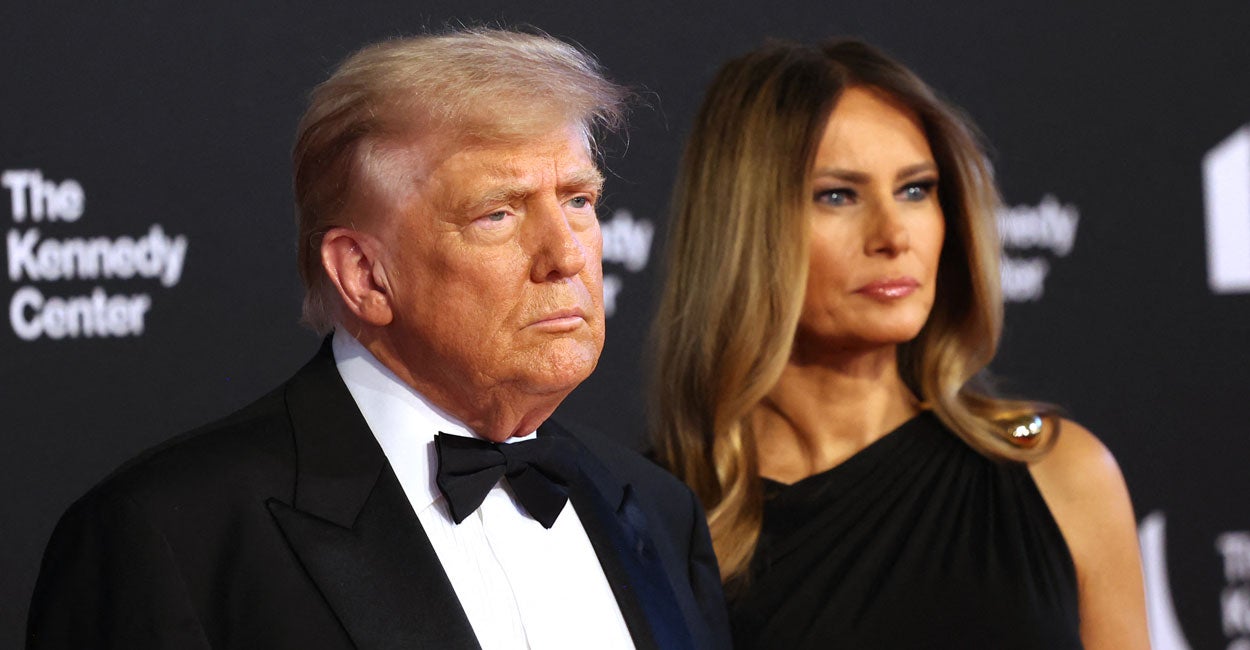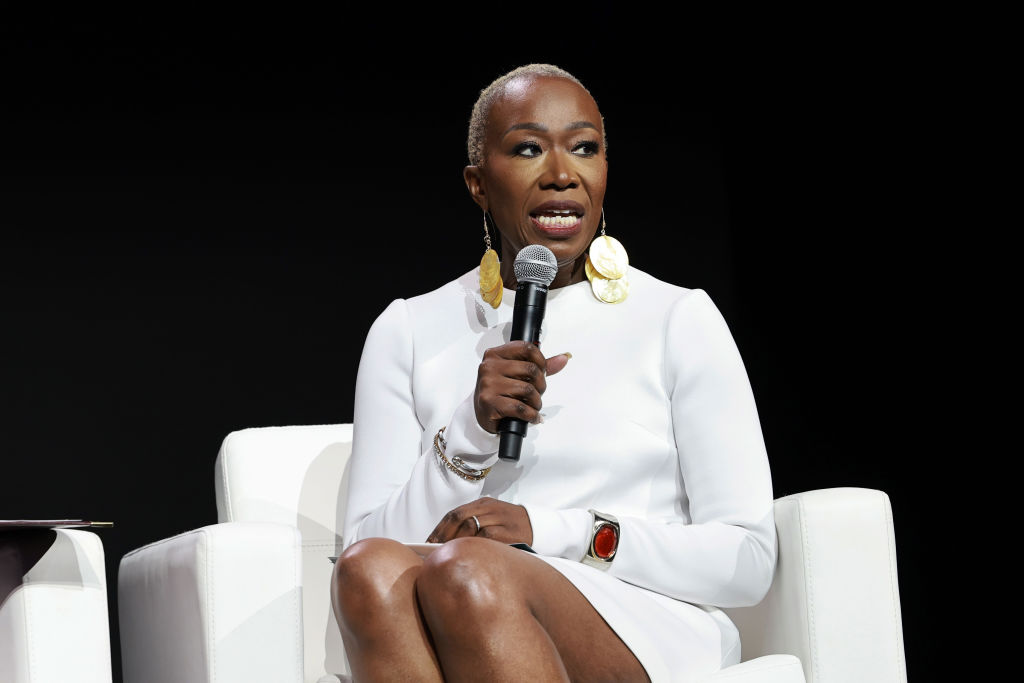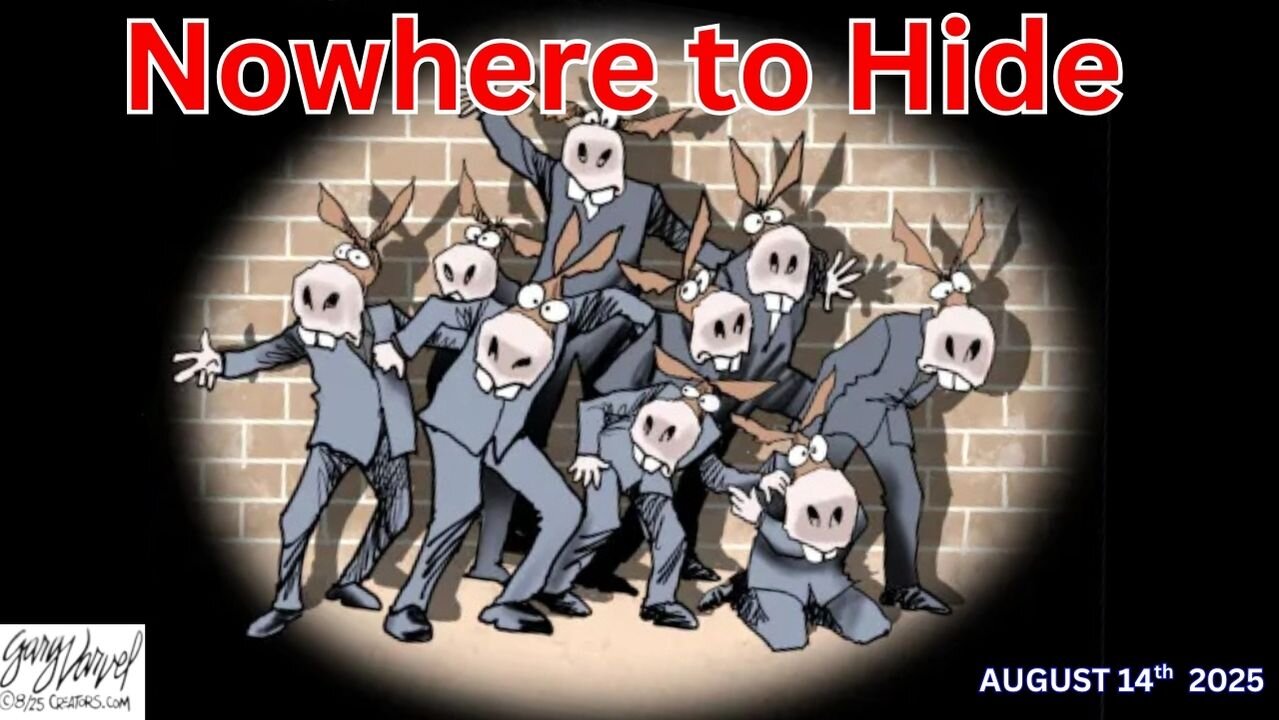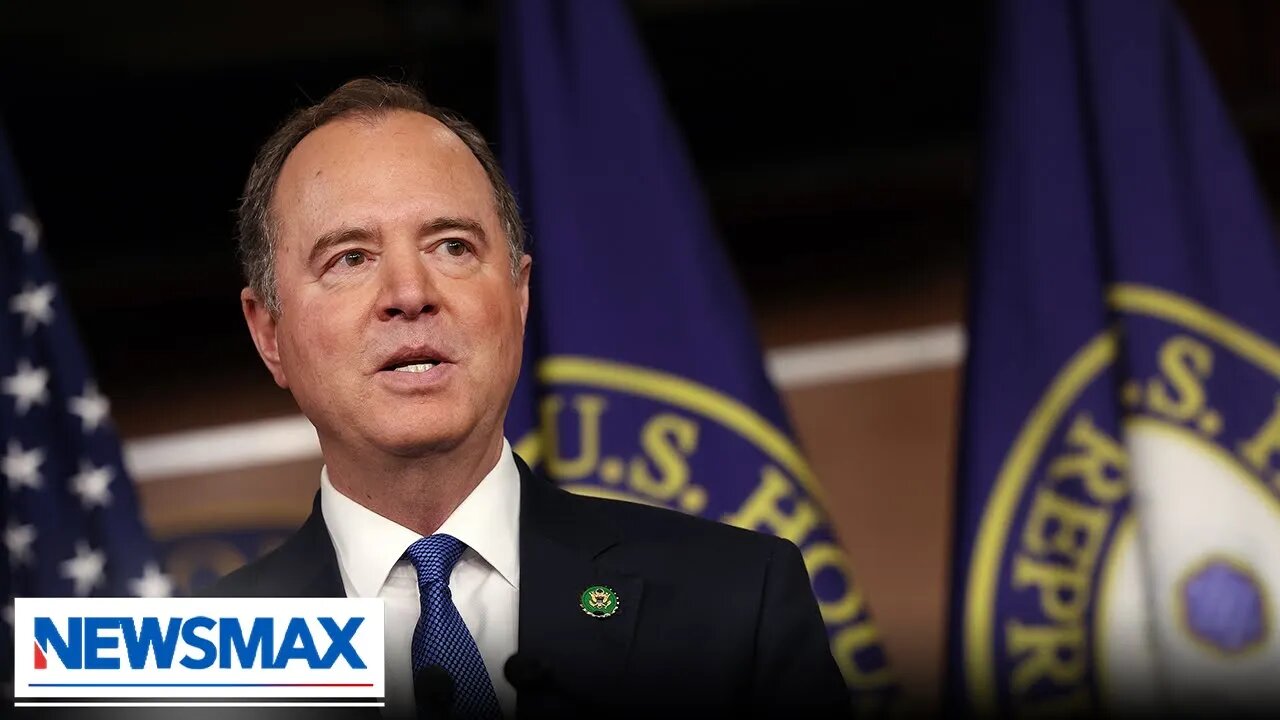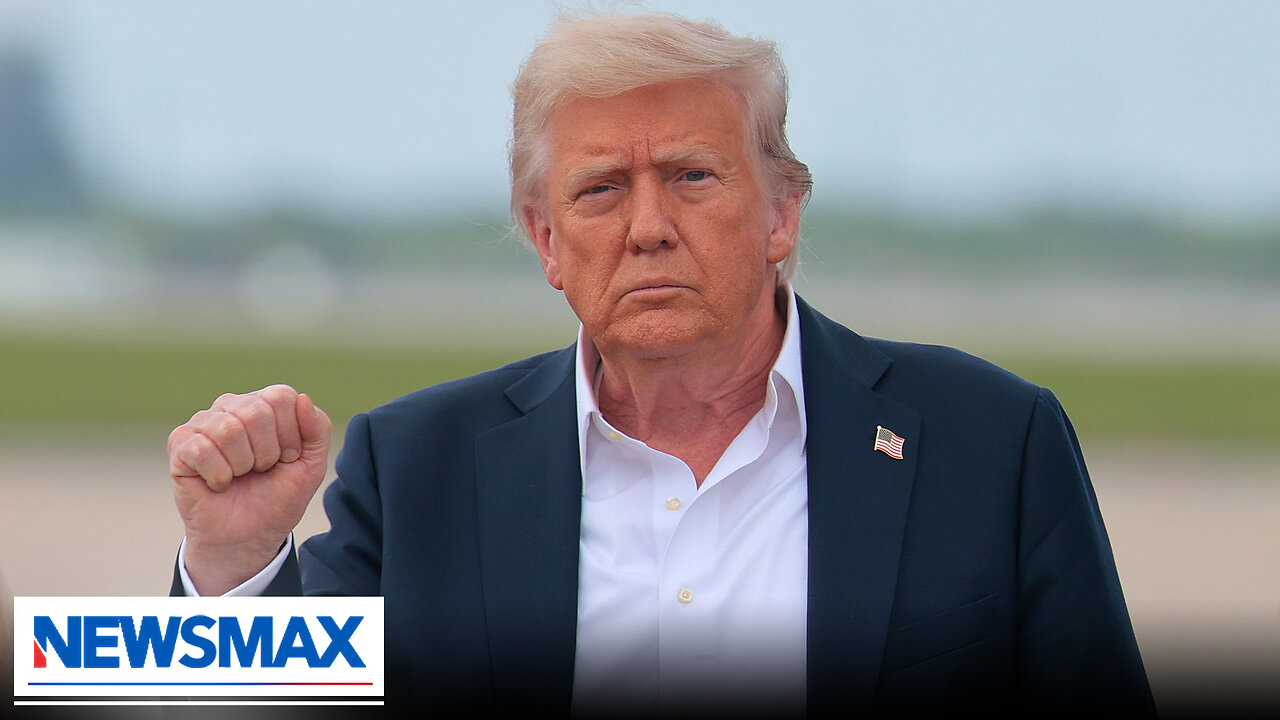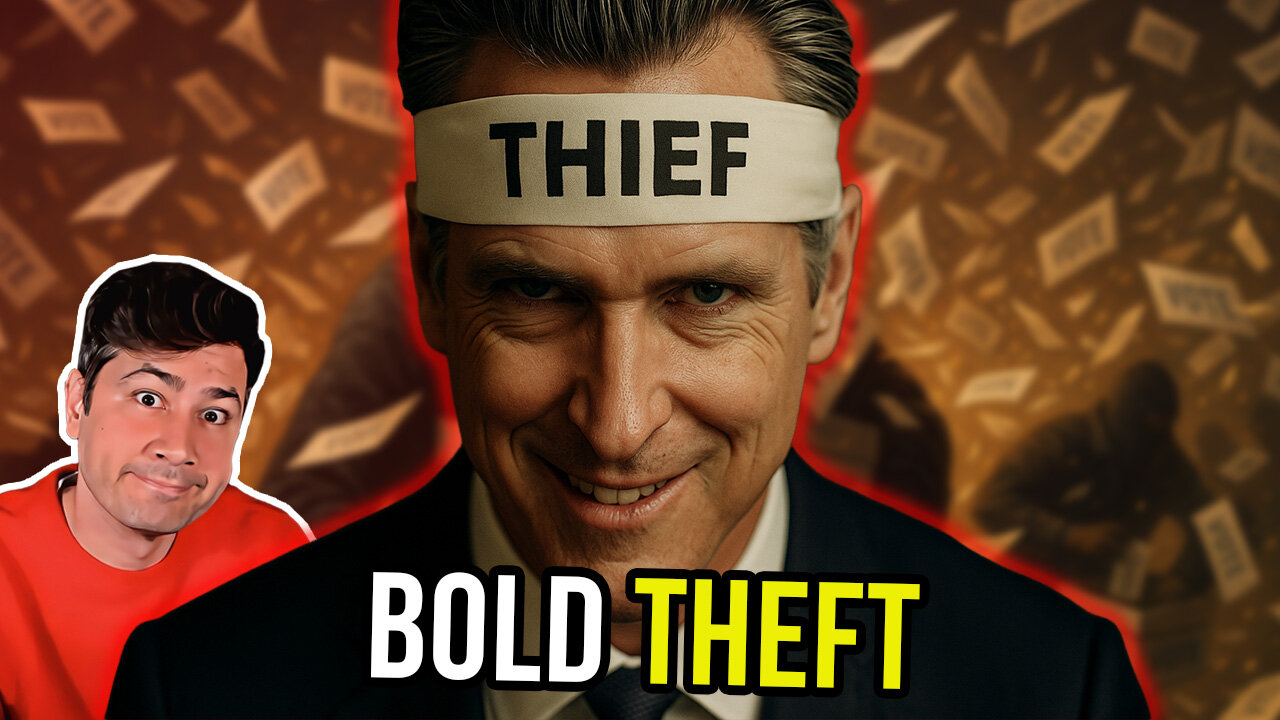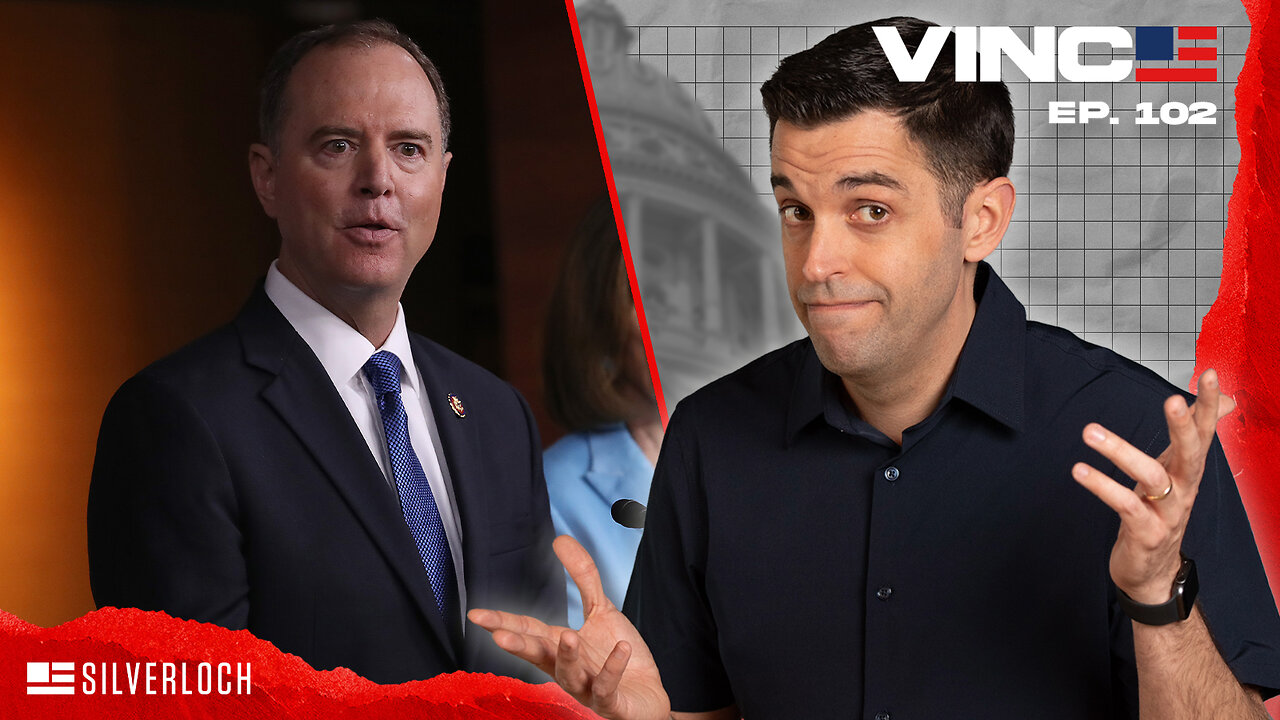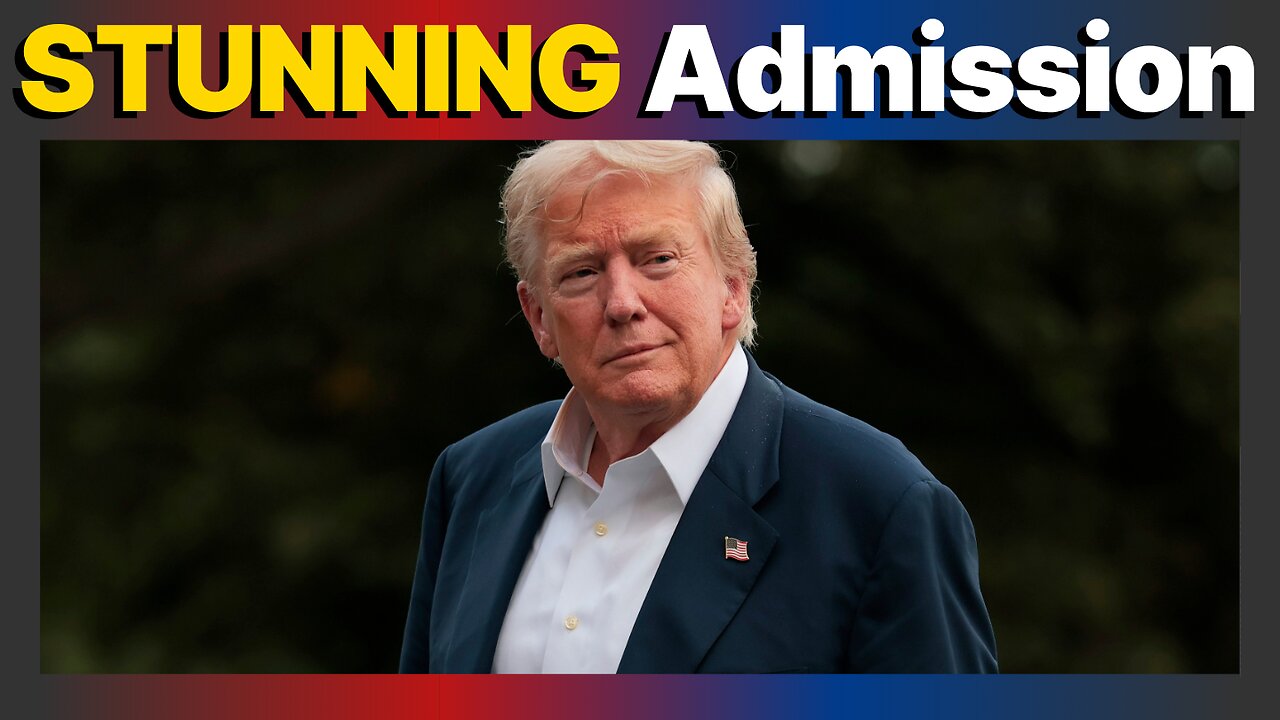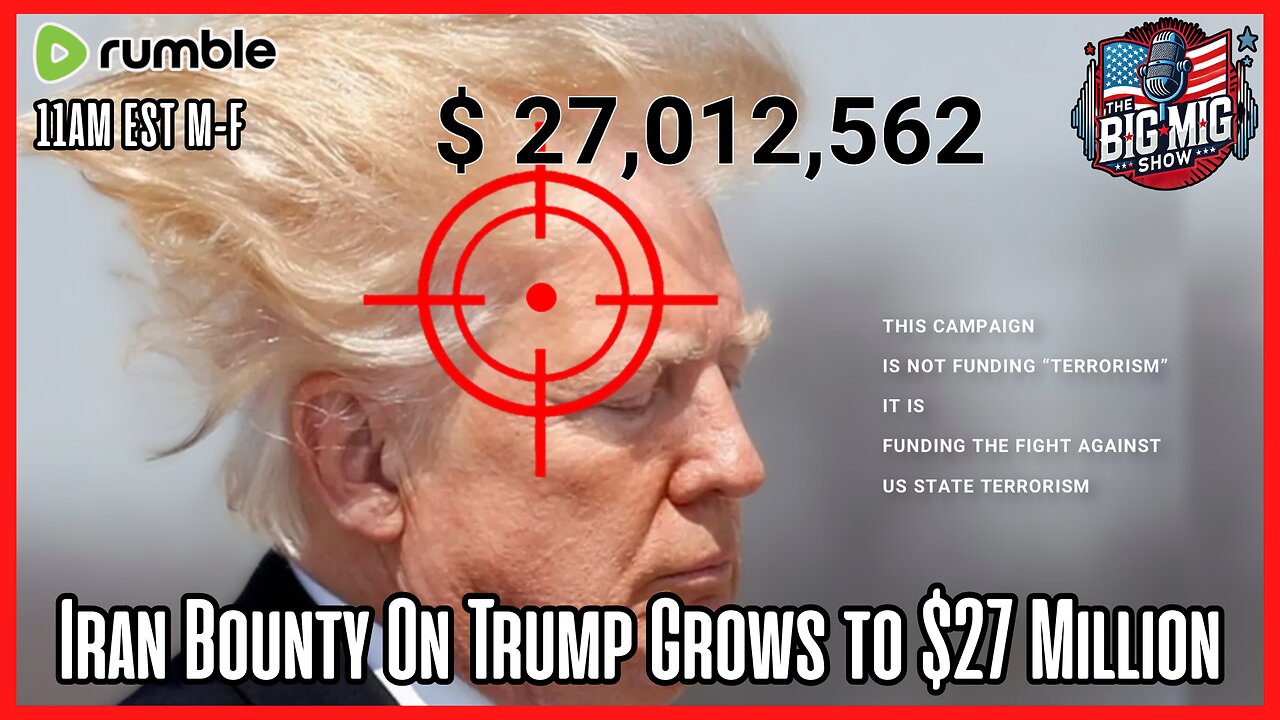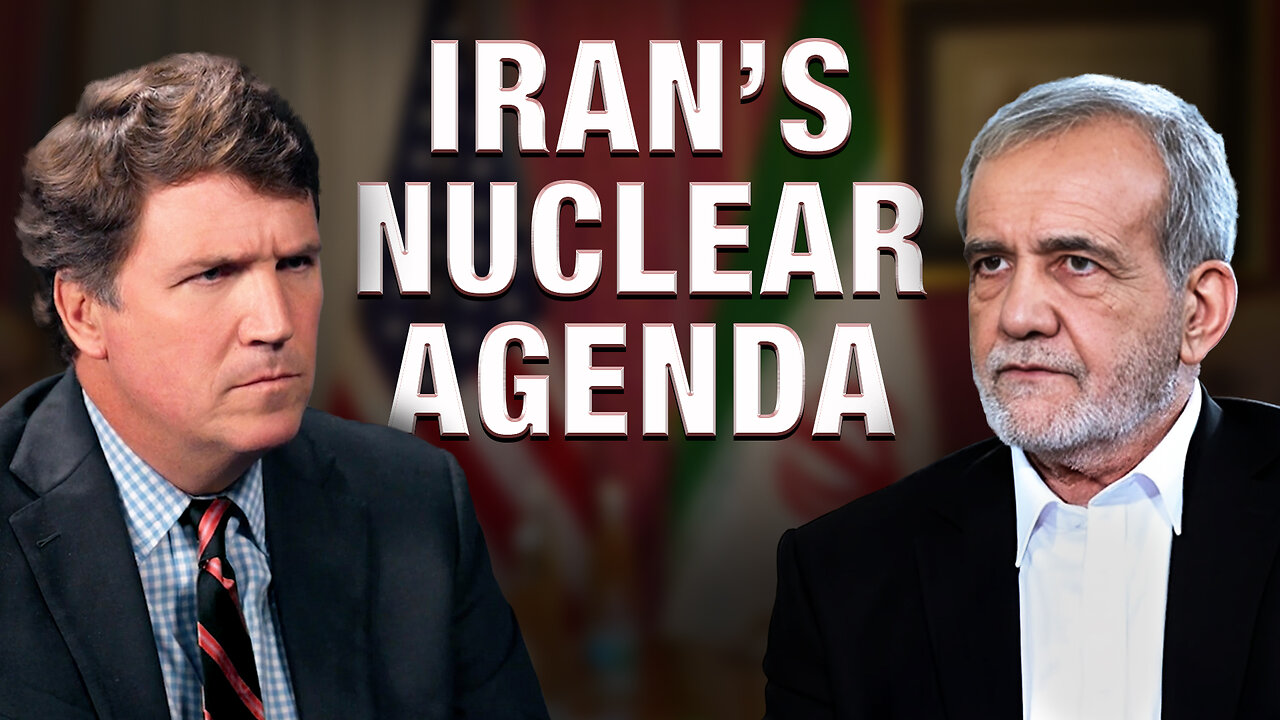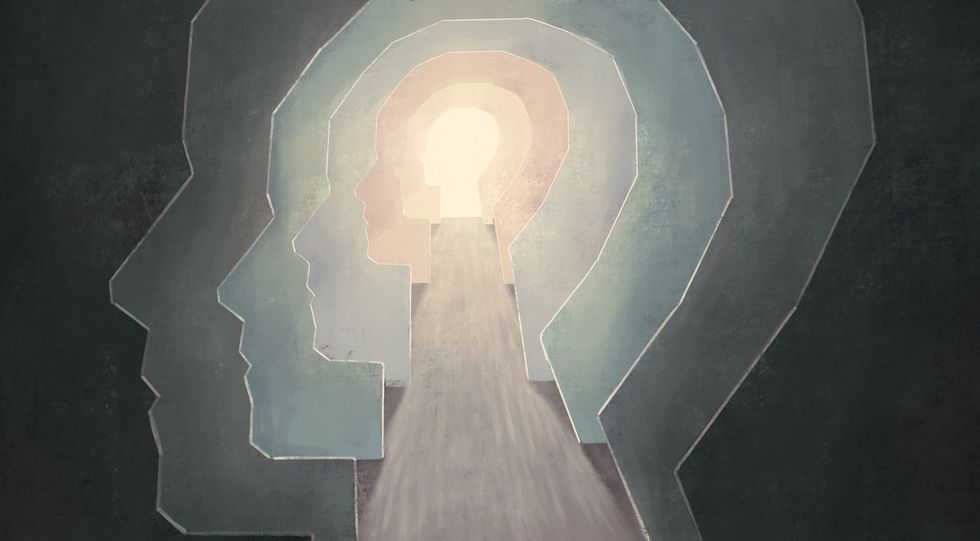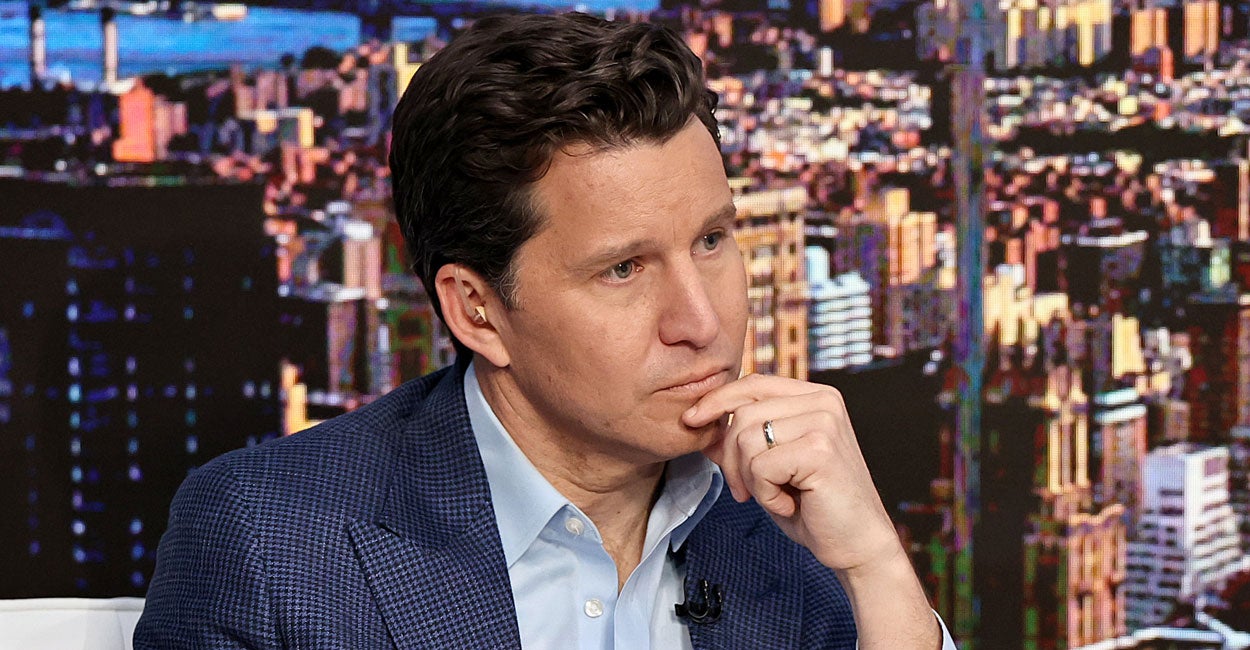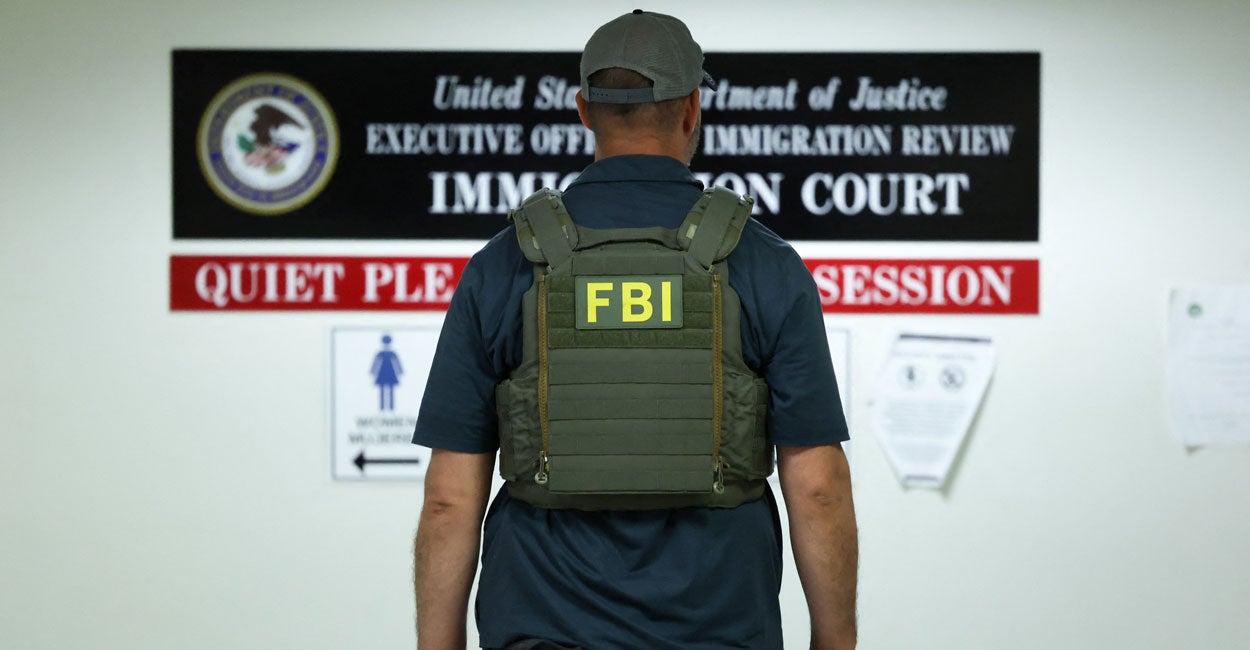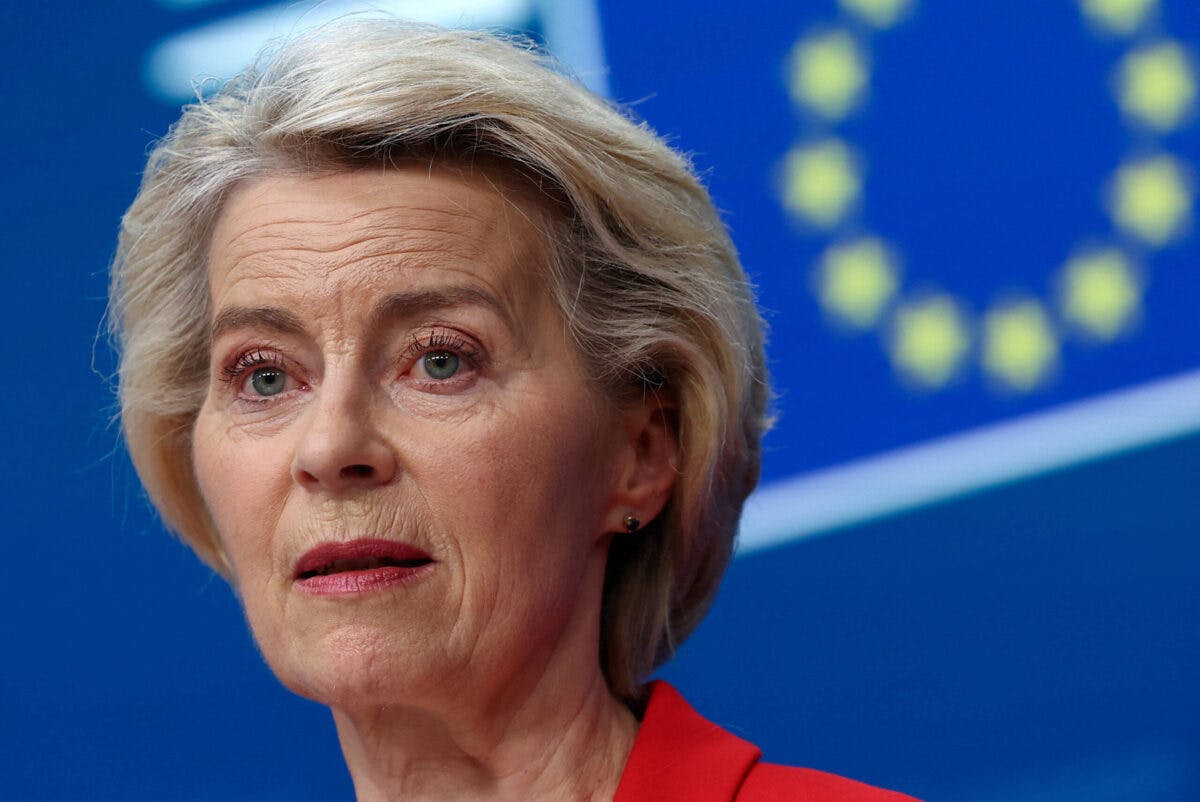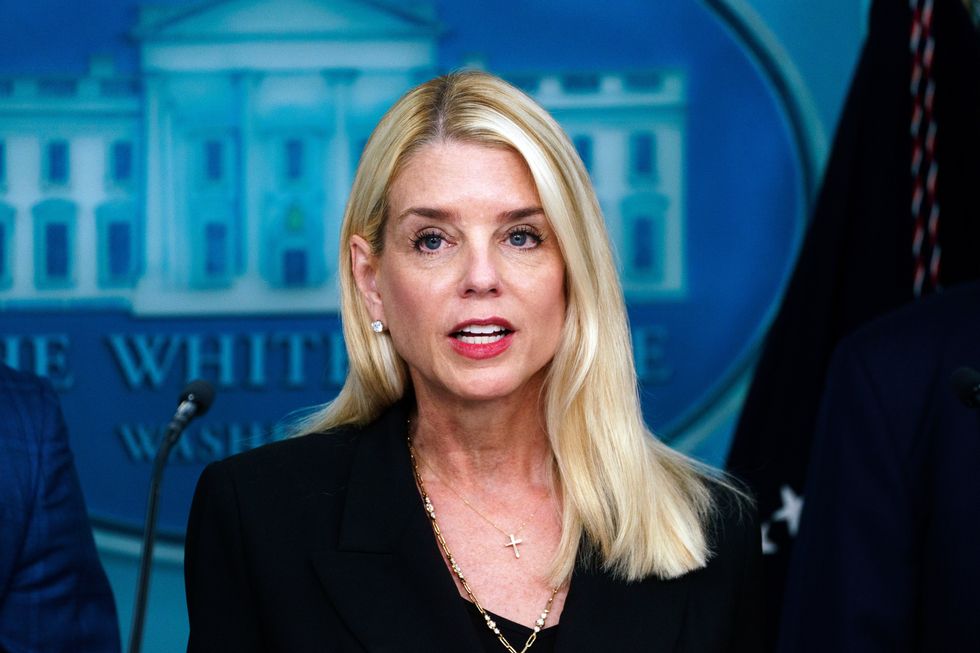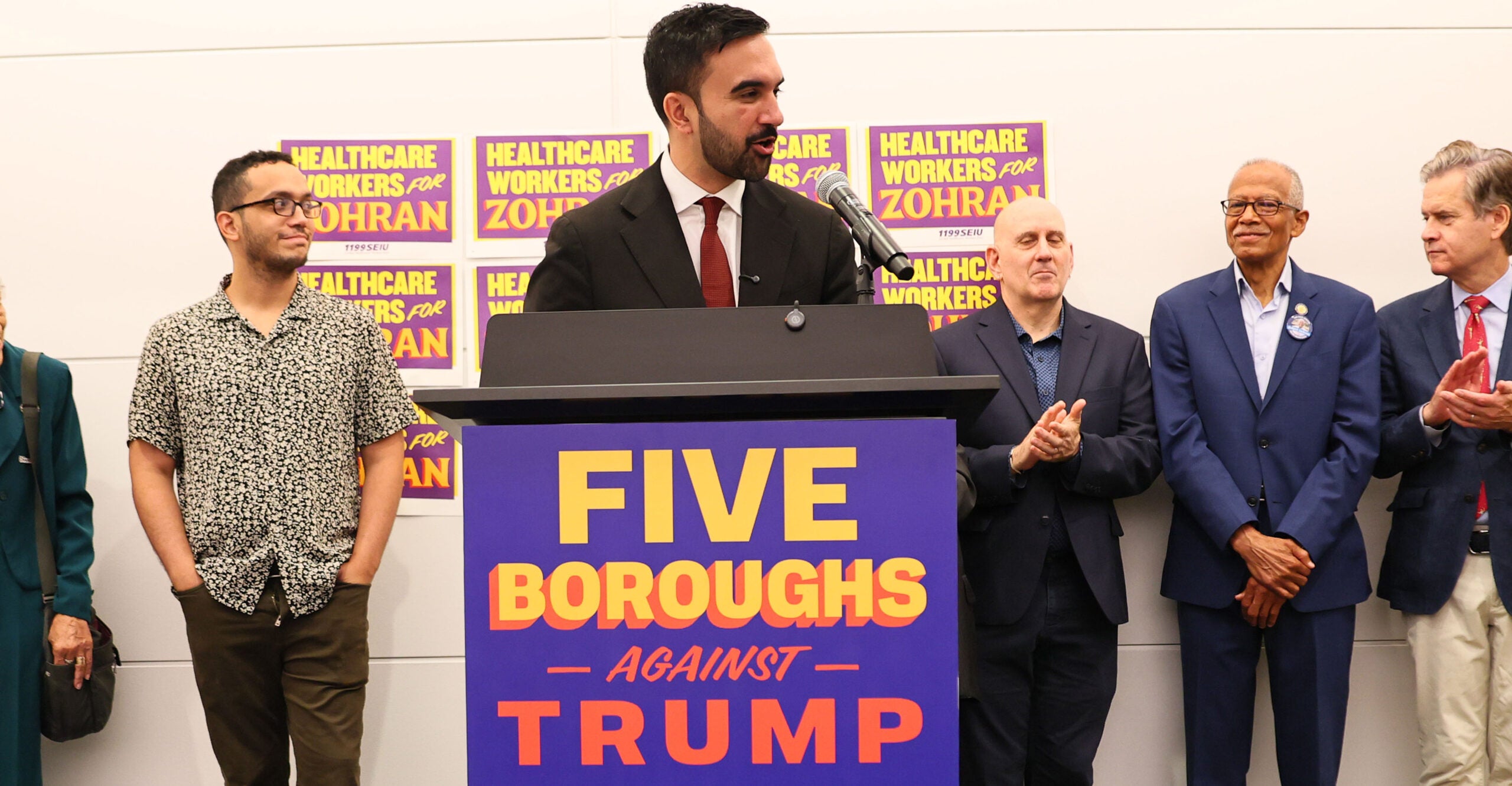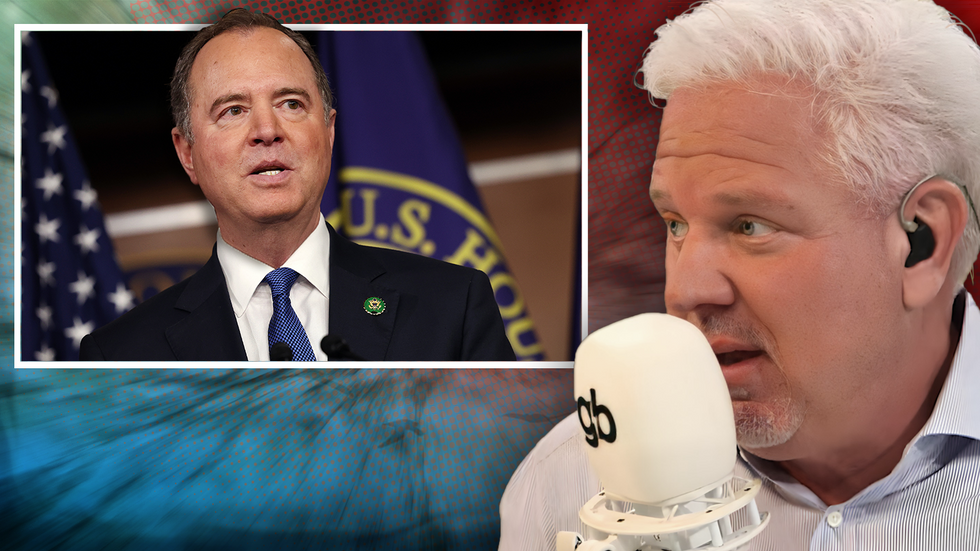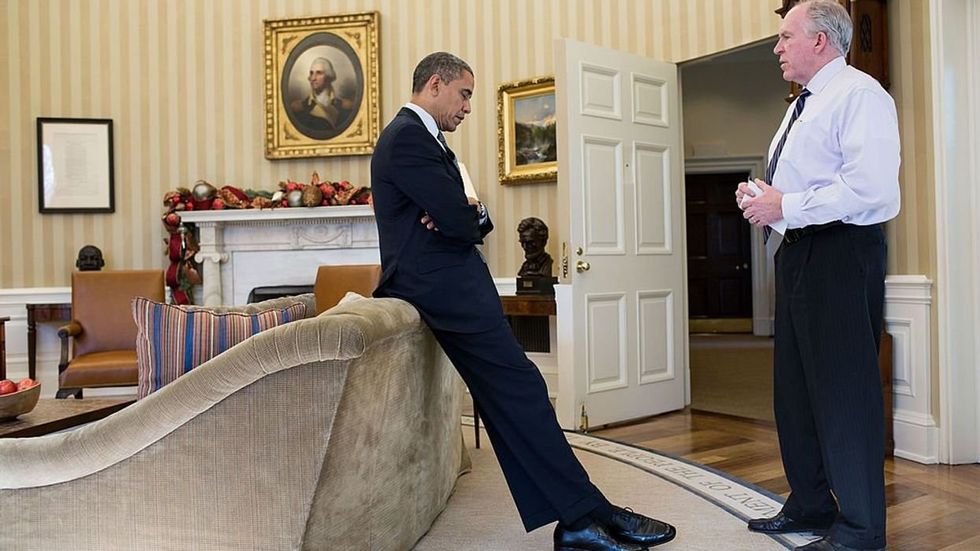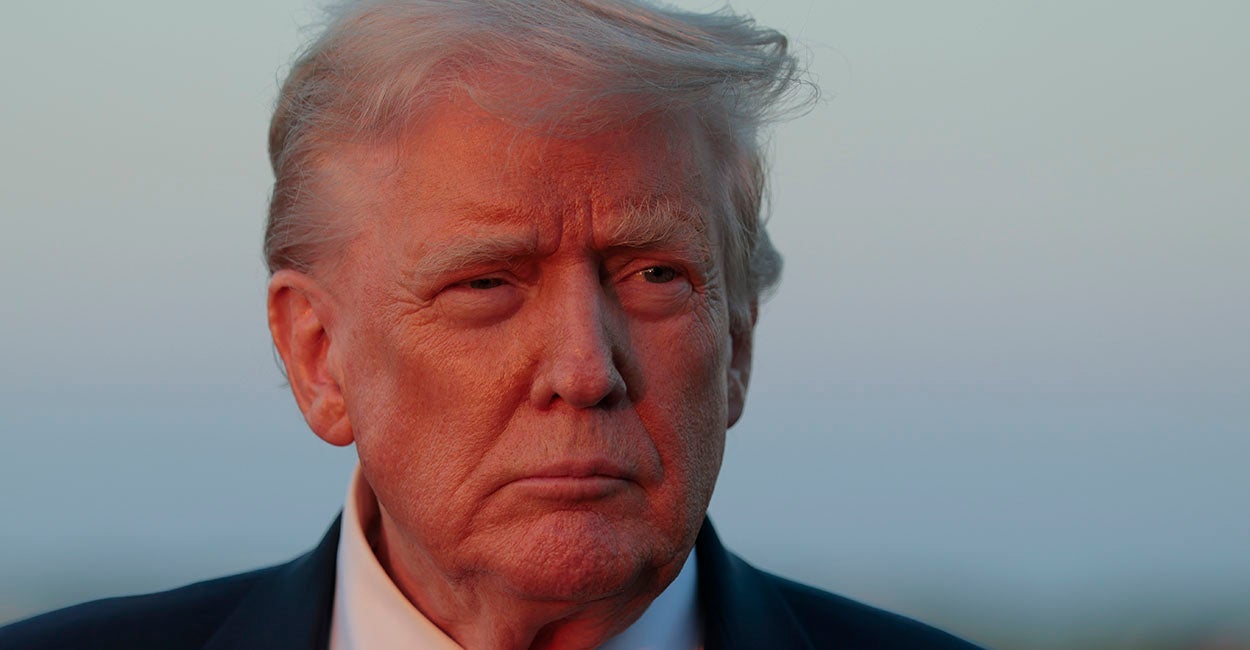China and Iran wage war on faith, culture, and free expression
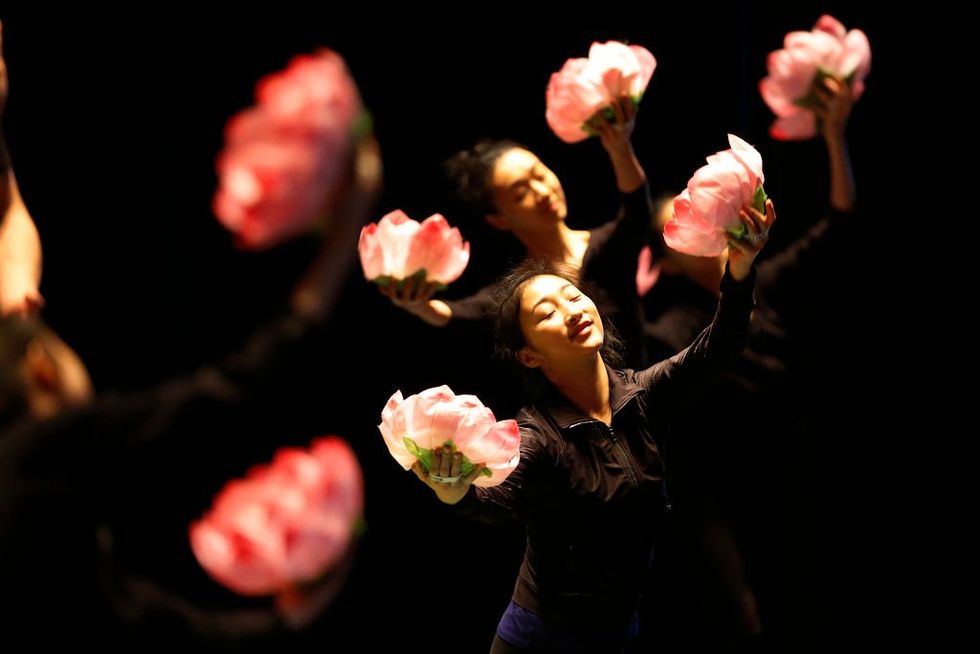

Freedom of religion and expression forms the foundation of human dignity, yet authoritarian regimes continue to suppress these fundamental rights. Two of the world’s most oppressive governments, China’s Chinese Communist Party and Iran’s Islamic Republic, follow the same playbook — silencing anyone who challenges their ideological control. The persecution of Shen Yun and the Bahá’í community serves as chilling proof of this shared agenda.
Shen Yun, a globally acclaimed performing arts group, is dedicated to reviving traditional Chinese culture through music and dance. To most, this mission seems harmless — maybe even admirable. But not to the CCP. For the regime, Shen Yun represents defiance. The group celebrates China’s rich spiritual and cultural heritage, aspects the CCP has spent decades trying to erase. Worse still, Shen Yun dares to expose the CCP’s human rights abuses on the world stage.
We cannot allow regimes like China and Iran to decide who gets to exist, which cultures can flourish, and which beliefs are acceptable.
In response, the CCP has waged an aggressive campaign against the group. It spreads propaganda to discredit Shen Yun, sabotages performances worldwide, and launches relentless cyberattacks. Yet, despite lacking government funding or major corporate sponsorships, Shen Yun has defied all odds. It has become an underdog success story, standing strong against one of the most powerful regimes in the world.
This story resonates deeply with me because I have experienced firsthand what it means to live under a regime that fears freedom of thought. I was born into a Bahá’í family in Iran, where the Islamic Republic has waged a decades-long campaign of persecution against the Bahá’ís, the country’s largest non-Muslim religious minority. For the “crime” of practicing their faith, Bahá’ís have been imprisoned, tortured, executed, and systematically denied education and employment.
When I was 11, my family fled Iran, leaving behind our home, community, and everything familiar. We were not activists or threats to the state — we were ordinary people whose only “offense” was believing differently.
That persecution continues today. Just recently, Iranian authorities arrested 13 Bahá’ís, charging them with “proselytizing,” a vague and unfounded accusation the regime routinely uses to justify brutal crackdowns. The message from the government is clear: There is no room for diversity and no tolerance for beliefs that challenge its imposed ideology.
The hypocrisy of these regimes is staggering. The CCP has interned over one million Uyghur Muslims in concentration camps, subjecting them to forced labor, sterilization, and “re-education.” Yet its close ally, the Islamic Republic of Iran — which claims to defend Muslims worldwide — remains silent. This refusal to condemn China’s abuses exposes Iran’s duplicity, proving that its priority is not protecting Islam but consolidating power.
What unites the CCP and the Islamic Republic is their shared fear of cultural and spiritual diversity. Authoritarian regimes thrive on control — of minds, beliefs, and narratives. They target groups like Shen Yun and the Bahá’ís because these groups represent what tyrants fear most: the resilience of the human spirit.
Shen Yun’s performances celebrate the beauty and depth of Chinese civilization, a deeply spiritual heritage the CCP has spent decades trying to erase in its pursuit of ideological conformity. Likewise, the Bahá’í Faith, with its emphasis on unity and justice, challenges the Islamic Republic’s relentless suppression of any belief that could undermine its authority. In both cases, these regimes see cultural and spiritual expression as direct threats to their absolute control.
The stakes in these battles extend far beyond China and Iran. Freedom of religion and expression are universal values, and any erosion of these rights anywhere threatens them everywhere. When authoritarian regimes suppress dissent without consequence, they embolden others to do the same.
I do not write this as an outsider with abstract concerns. My life was uprooted by tyranny. I still remember the fear of living under a regime that hated my family for our beliefs. I will never forget the strength it took to flee that oppression and rebuild a life in freedom.
We cannot allow regimes like China and Iran to decide who gets to exist, which cultures can flourish, and which beliefs are acceptable. Their playbook relies on fear and control, but history has shown that these tactics ultimately fail in the face of courage and solidarity.
Originally Published at Daily Wire, Daily Signal, or The Blaze
What's Your Reaction?
 Like
0
Like
0
 Dislike
0
Dislike
0
 Love
0
Love
0
 Funny
0
Funny
0
 Angry
0
Angry
0
 Sad
0
Sad
0
 Wow
0
Wow
0
